by Tara Shahandeh
from UC Berkeley to Paris and Saint Ouen
For my final semester at UC Berkeley, I decided to study abroad with the Institute for Field Education (IFE) Internships Abroad in Paris program.
After a whirlwind introduction to Paris where nothing went as planned, my internship was one of the few things I can say went exactly how it was supposed to.
Here’s how this Iranian-American became an anthropologist in the suburbs of Paris.
Setting up my internship
In addition to three courses over four months, the program coordinators at IFE found each student an internship in their desired field or general domain. Concurrently, we were to write a 30-page research paper based on our subjects of study and internships. The paper is called a “mémoire” – the French graduate student research paper.
I asked to be placed somewhere to practice videography or video editing, hoping that I could practice this skill while also deciding if I would want to merge it with my studies in anthropology. I found myself at Mains d’Œuvres, a factory-turned-art-and-music-center only half a mile north of Paris in Saint-Ouen-sur-Seine, which has a culture and history separate from Paris.
Setting the scene
To properly set the scene, the sheer size of the location is crucial to understand. Mains d’Œuvres was a four-story 4000m² factory that evolved into a venue for various artistic endeavors. The basement consists of 20 recording studios, and the rest consists of large and small performance spaces and practice rooms that can be modified depending on the artist’s or music teacher’s needs.
Saint Ouen itself is an up-and-coming city with great socio-economic and ethnic diversity, as well as a history of immigration. Mains d’Œuvres has the mission to make art accessible to all. They pride themselves on an affordable economic model for children and adults alike to bring their artistic passions to life, whether it be learning a new instrument or showcasing their newest dance piece or art exhibition.
My role there was simple and also vague – I was told that the organization needed photos and videos of the events and that I was to use my phone to capture the media and post it to various social media platforms. Academically, I was to create a research question for my mémoire that would relate to my studies. My French degree was obviously covered – my courses, the paper, and the internship were exclusively in French.
What I needed to figure out was how to become an anthropologist in this new environment.
Challenges everywhere
I faced challenges left and right. Just one month after starting the internship, the organization’s mission changed. With only two months left in my term abroad, my internship assignment shifted to making capsule videos introducing each of the music teachers on the website.
As difficult as it was, it was to my advantage, and the challenges were my greatest teacher. I traveled around the city, going to elementary schools and events in public housing establishments. I attended every music class, filming the students and recording audio. I came up with interview questions and scheduled times to meet up with professors, improving my interview skills greatly with each one. It was dynamic and forced me to think on the spot in many situations – all of that in my third language.
As I was filming, I was getting to know people and the culture of France and northern Paris. It was a cultural immersion that existed just beyond the borders, unnoticed and hidden from sight.
Navigating my ‘foreign-ness’
In these moments, it became clear that my foreign-ness was at once an advantage and a hindrance, foreign having a double meaning in my case. I am Iranian-American, an outsider in two ways. I was the only non-white person in the office, and I was also American, a fact I was reminded of many times.
If I was unaware of something, my Americanness was to blame. If I was too cheerful or enthusiastic in a manner deemed excessive, it was because I was American. How could they be sure I would know how to do what they needed of me, they’d ask.
Despite my photos and videos being everything they had asked for and more, I had to work an even harder (and longer) than my fellow French interns. Still, I was the American that didn’t look American, which provoked more comments that don’t need to be repeated here. Needless to say, they didn’t quite know what to make of me.
In the field, however, my identity was key to gaining people’s trust when filming or interviewing. Many of the music and art accessibility projects I filmed involved almost exclusively first-generation children from North Africa and the Middle East. I was familiar and novel all at once, making me a curiosity but easy to let in.
With the music teachers, it was the same. They wanted to discuss American music styles and even let me freestyle with them on their various instruments. I quickly (and rather severely) learned not to take it seriously. As long as I did my work passionately, nothing could slow me down.
Adjusting to the insider-outsider role
As for the research paper, my insider-outsider role was my biggest advantage – it gave me the perfect position from which to play the role of the anthropologist.
The music teaching style at Mains d’Œuvres is a complete 180 from traditional musical pedagogy. Instead of solfege and music theory as the student’s primary musical contact, they are taught to feel the instrument. The students learn the sounds it makes and form a connection with the instrument, leading to a more involved and personal music education experience.
I decided to write my research paper on precisely this – the alternative music pedagogy, how and why it works (or doesn’t), and the benefit (or hindrance) it has on the student. Being invisible at the office allowed me to see the process from an outsider’s perspective, and being close to the musicians allowed me to see each professor’s individualized teaching system that others normally don’t.
Alchemizing adversity into accomplishment
Saying I achieved the goals of my internship is an understatement because I learned and experienced things I didn’t even expect to achieve. The complete unexpectedness of the experience showed me my own resilience and adaptability in a way no other experience could.
My self-taught journey with multimedia editing gave me a glimpse into the possibility of video ethnography, which is now of great interest to me. Before this experience, I deeply questioned the career and academic path I wanted to take after my undergraduate experience. I am more clear, however, on what I enjoy doing and the people I enjoy working with. I also have a newfound confidence in my ability to navigate challenging and ever-changing situations, staying diplomatic, open, and as graceful as possible in the face of hardship.
What I gained from this experience goes beyond what any academic achievement, successful video project, or 30-page French research paper could teach me.
I saw a side of the Parisian banlieues that I would never have seen in a million years. I experienced what it was like to live and work in an unfamiliar environment with difficulties along the way and learned to make it my home.
I didn’t have much support at all from my work environment, and looking back, it seems it was destined that way. If I’d had the support, I don’t think I would have discovered the strength and resilience in the face of adversity. I wouldn’t have given myself credit for my creativity and spontaneity to create what I needed to create.
Finally, I witnessed my strength and determination, to feel proud of my work without letting impostor syndrome get in my head, and to feel proud of myself – a gift and an experience I wouldn’t replace for anything in the world.
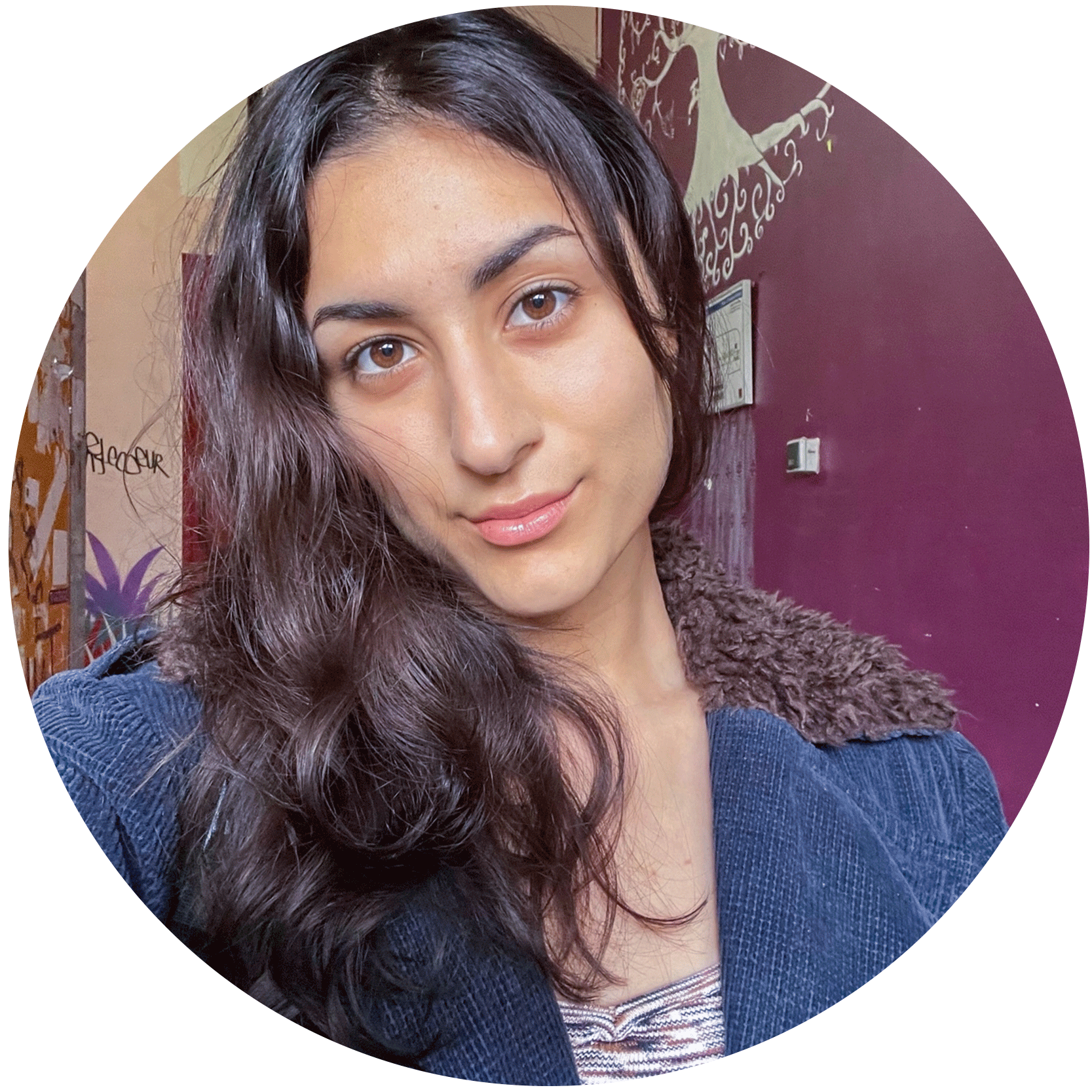

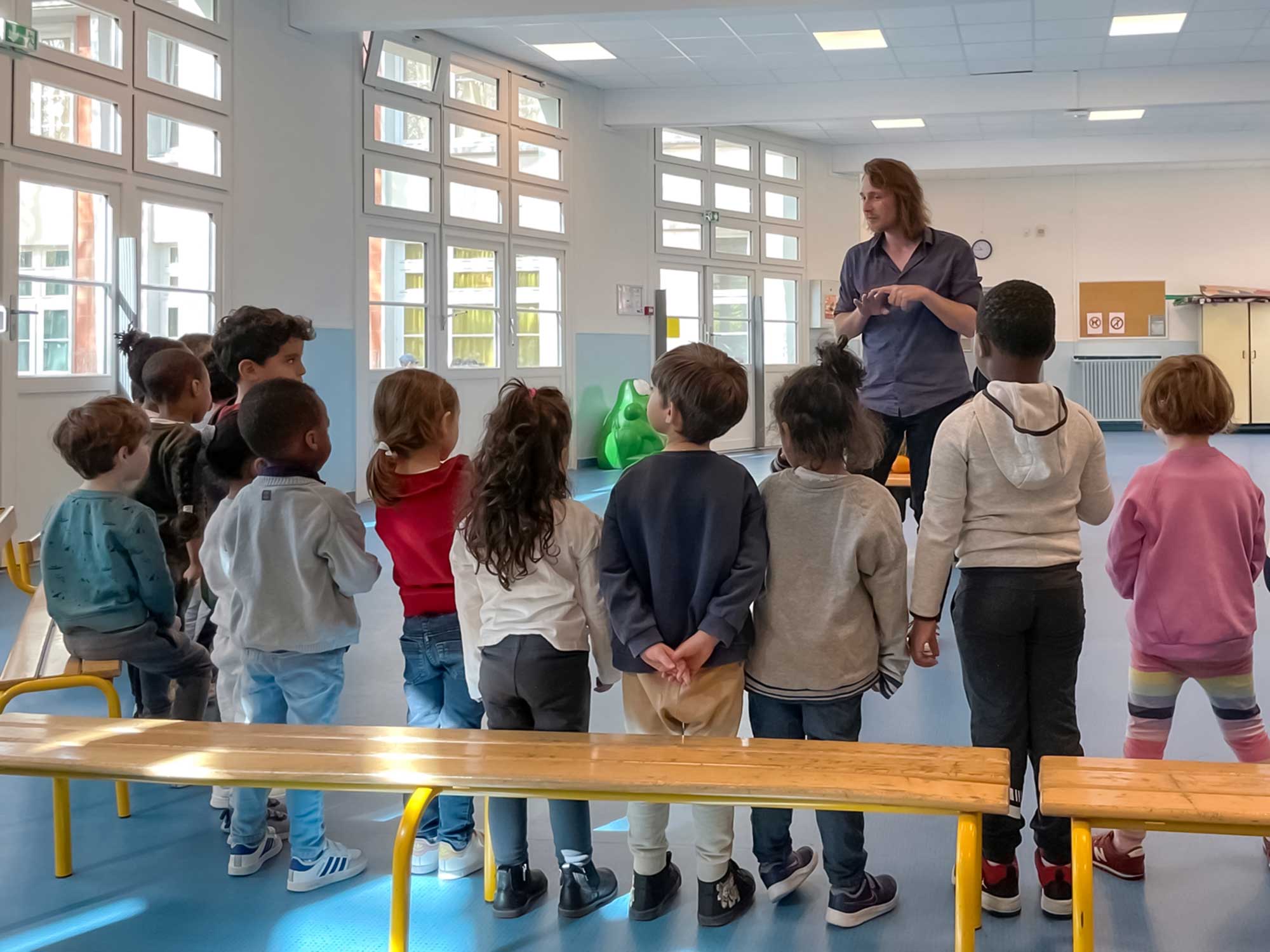
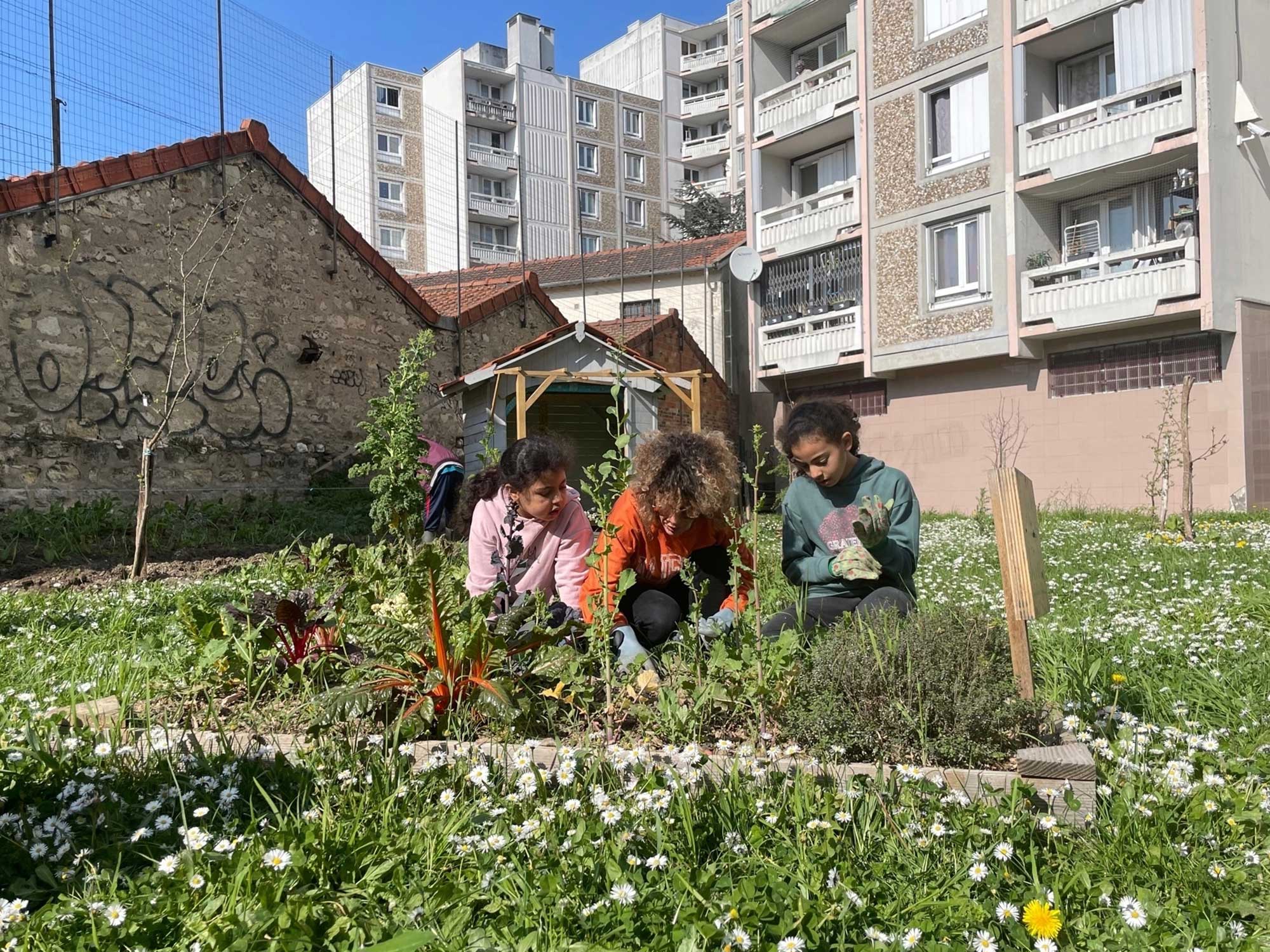
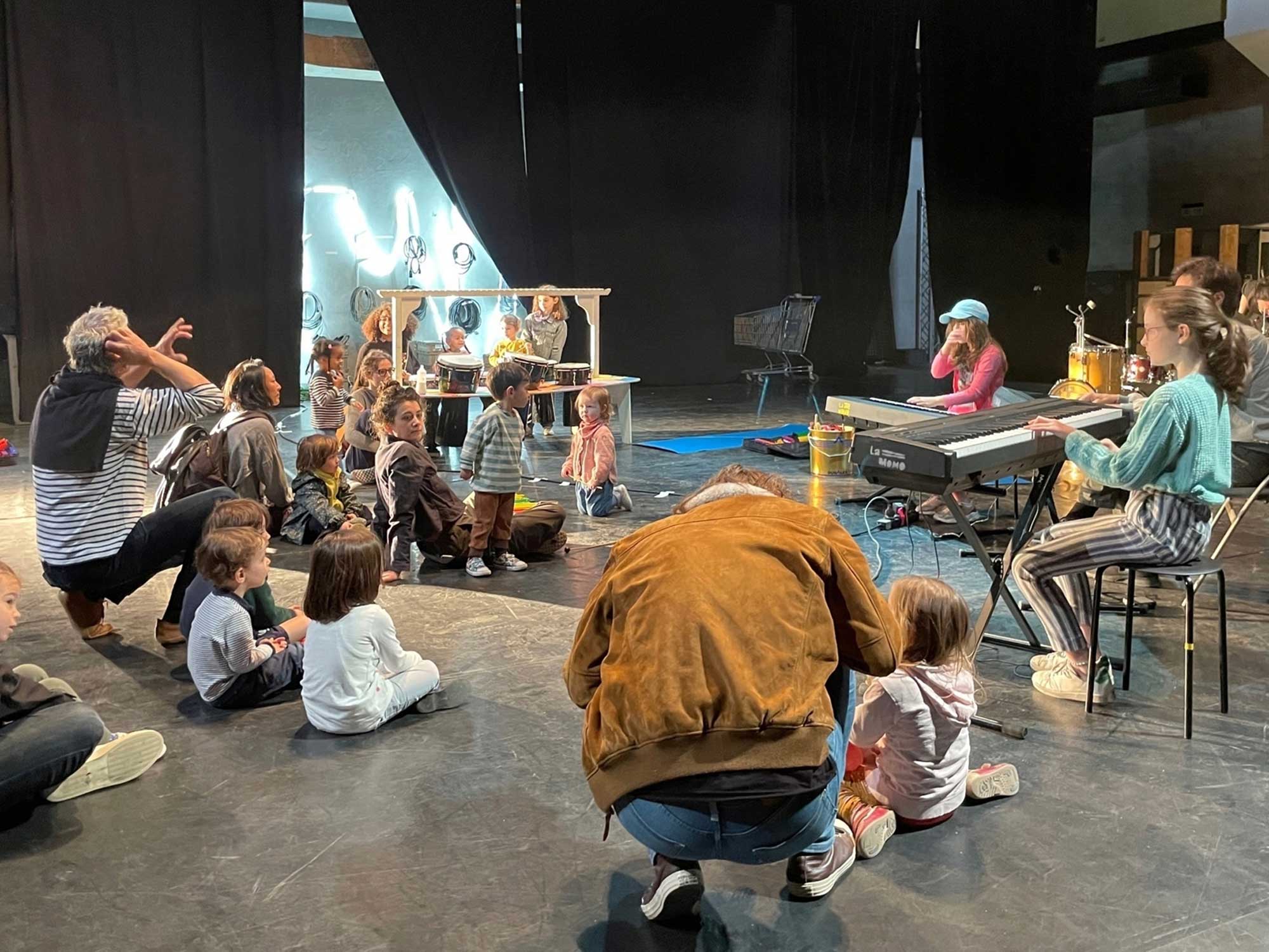
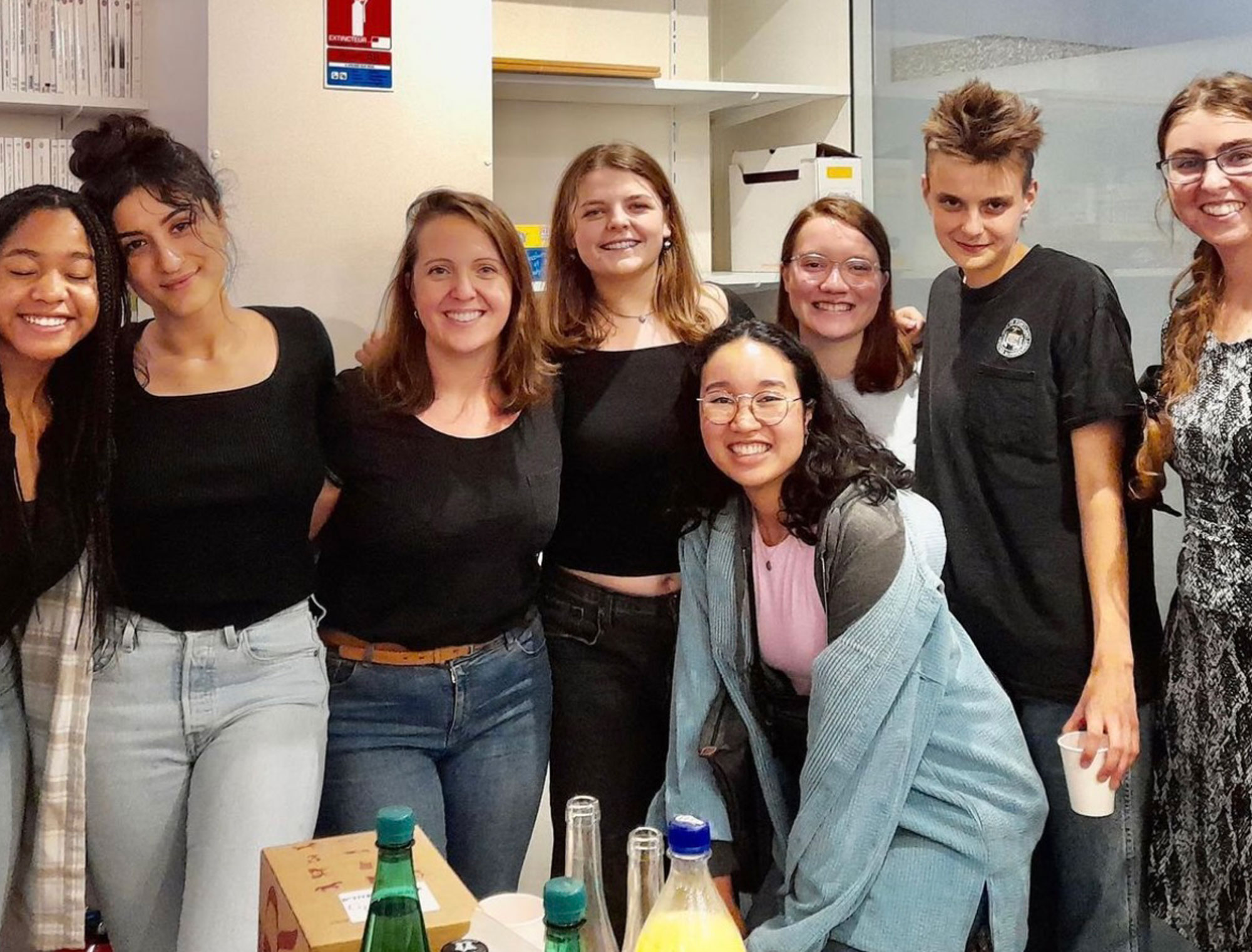
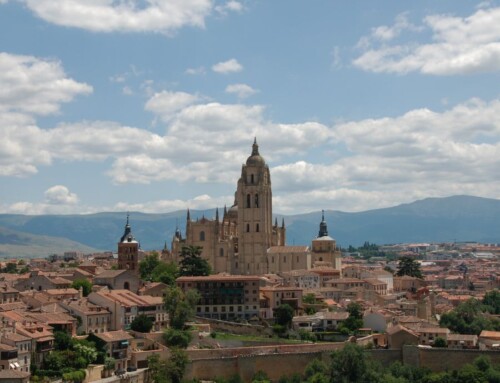
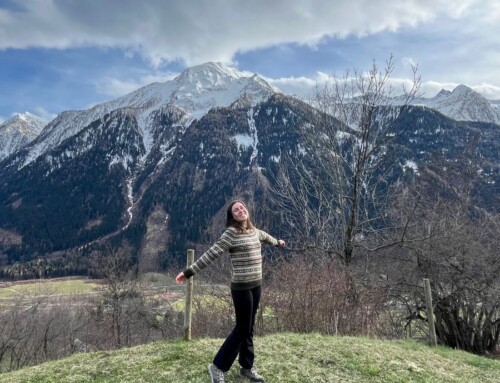

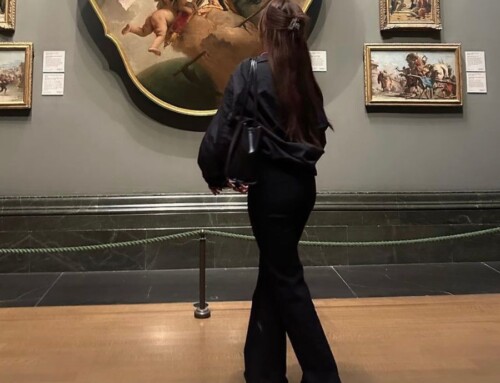

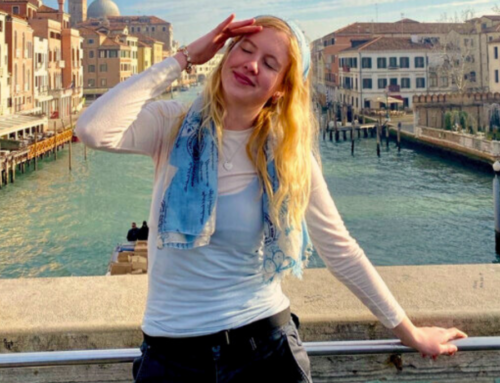
Leave A Comment